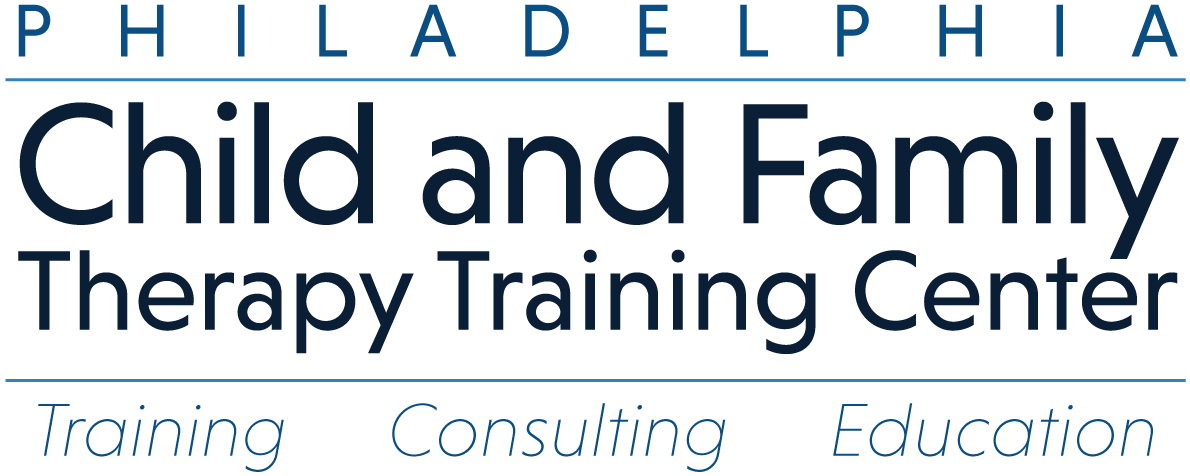
As systemic family therapists, we understand the importance of fostering meaningful connections with the families we serve. But to truly be effective, we must first look inward and reflect on the unique “slice of pie” that we bring into the therapy room. This analogy—simple yet profound—invites us to examine the ingredients that shape our therapeutic presence.
Our slice of pie represents the sum of our experiences, biases, beliefs, and emotional triggers. These elements influence how we interpret and respond to the dynamics we observe in families. While some ingredients, such as empathy, self-awareness, and openness, enhance our work, others—like unresolved personal biases or emotional blind spots—can create barriers to effective therapy.
This is where Person-of-the-Therapist (POTT) work becomes essential. POTT encourages therapists to engage in deep self-reflection, identify their “ingredients,” and take intentional steps toward growth. By acknowledging how our own histories and emotions intersect with our professional roles, we position ourselves to build authentic relationships with families and create space for transformative change.
So, how can you assess what’s in your slice of pie? Here are a few steps to get started:
- Engage in Reflective Practices: Journaling, supervision, or peer consultation can help you uncover patterns and areas for growth.
- Seek Feedback: Honest input from colleagues and supervisors can provide valuable insights into how your personal attributes impact your work.
- Commit to Continuous Learning: Attend trainings or engage in activities that challenge your assumptions and expand your perspectives.
- Practice Mindfulness: Awareness of your own emotional triggers allows you to stay grounded and fully present during sessions.
When we take the time to examine and refine our slice of pie, we not only enhance our skills but also deepen our connection to the families we work with. What’s in your slice? Are you ready to do the work to ensure your ingredients support healing and growth?
💬 Join the conversation! What practices help you cultivate self-awareness as a therapist?
